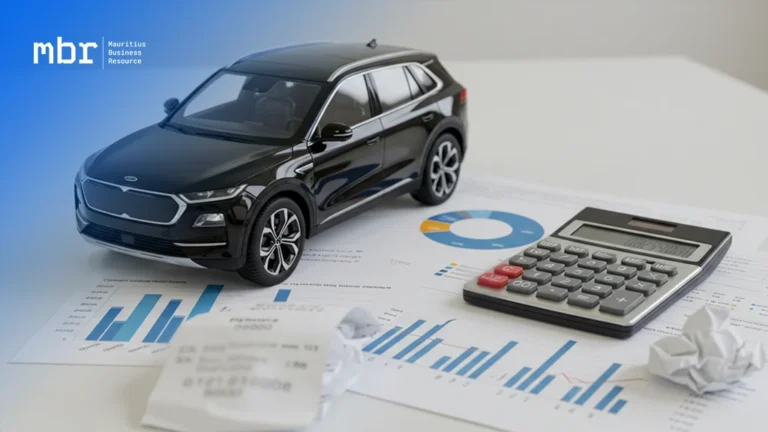

In the 2025–2026 National Budget, Finance Minister Dr. Navin Ramgoolam has introduced several significant changes in VAT (Value Added Tax) system. While the general VAT rate remains unchanged, various measures aim to ease the cost of living, enhance compliance, and modernize VAT administration.
To help reduce the cost of essential goods and services, several items will now be zero-rated for VAT purposes. Here are categories of changes in VAT:
This decision reflects the government’s prioritisation of consumer welfare over raising revenue through a higher VAT rate.
Significant changes are being introduced regarding Value Added Tax (VAT) registration requirements for businesses. Previously, businesses were compulsorily required to register for VAT if their annual turnover of taxable supplies exceeded Rs 6 million.
However, this threshold is being lowered. As from October 1, 2025, businesses will be compulsorily required to register for VAT purposes upon making a turnover of taxable supplies exceeding Rs 3 million.
This measure means that businesses with an annual turnover of taxable supplies between Rs 3 million and Rs 6 million, which were previously not required to register for VAT, will now fall under the compulsory registration requirement. According to one source, this change is viewed as a means to raise VAT revenue and expected to bring many small and medium-sized enterprises (SMEs) into the VAT system. The requirement applies to businesses making taxable supplies.
The Mauritius Budget 2025-2026 introduces significant changes to VAT and excise duties on a wide range of vehicles, including passenger cars, 4x4s, pick-ups, trucks, vans, and buses. These measures, designed to tackle road congestion and the national trade deficit, impact both individual consumers and commercial entities. Below are the key points regarding these tax revisions:
Effective from 6th June 2025, the rates of excise duty and customs duty on conventional vehicles are being increased, ranging from 45% to 100%
The excise duty on hybrid and electric vehicles is being re-introduced, specifically:
A transitional provision allows vehicles already in a bonded warehouse, shipped, or with an import permit issued as of 5th June 2025 to use the previous rates if cleared by 30th June.
The VAT Refund Scheme applicable to the construction of residential buildings or the purchase of residential units from developers will end on 30 June 2025 and will not be renewed.
However, small planters will benefit from VAT refunds on harvesting services, supporting the local agricultural sector. If you’re interested in entering this field, you can learn more in our guide on how to start an agricultural business in Mauritius.
Starting 1 January 2026, specified digital or electronic services offered by foreign suppliers will be subject to VAT, aligning Mauritius with international digital tax practices.
A Pleasure Craft Licence (PCL) is issued for any boat, craft or recreational platform used for sport fishing, water sports, or general leisure.
Holders of a Pleasure Craft Licence will be compulsorily required to register for VAT if the craft is used for commercial purposes.
VAT exemptions on buildings and infrastructure within Smart City projects will be removed, except for:
The 2025-2026 Budget brings big changes to Mauritius’ VAT and vehicle taxes. The goal is to lower living costs for people and improve how taxes are collected.
For consumers, some essential items like infant purées and hairdressing services will now be VAT-free, making them cheaper. However, cars and other vehicles will become more expensive due to higher duties and fees, which aims to reduce traffic and help the country’s finances.
For businesses, those selling the newly VAT-free goods will find it easier to comply and can claim back VAT on their costs. But many more small and medium businesses will now need to register for VAT, and digital services from abroad will also be taxed. New rules also affect pleasure craft operators and Smart City projects.
Overall, everyone in Mauritius, from shoppers to business owners, needs to understand these new rules. They will change how you buy, sell, and run your business, requiring smart planning to adapt to the island’s updated tax system.
